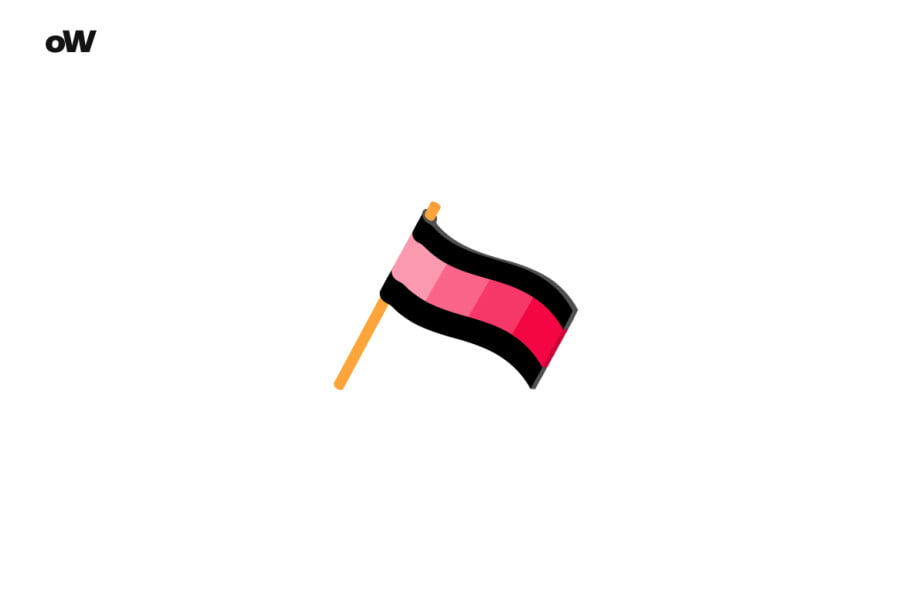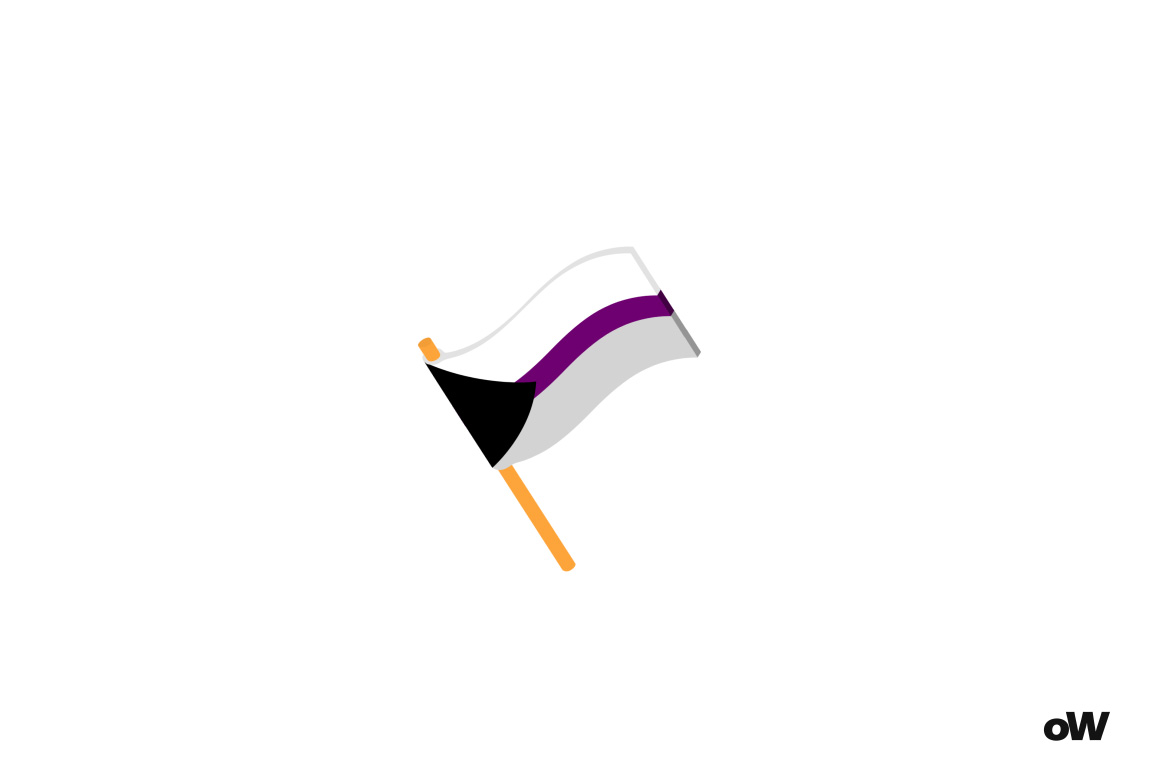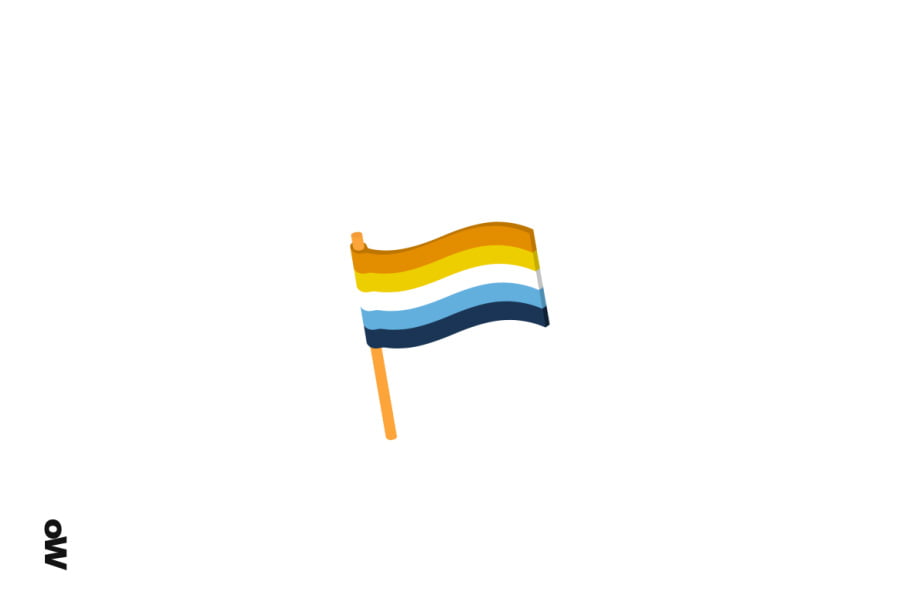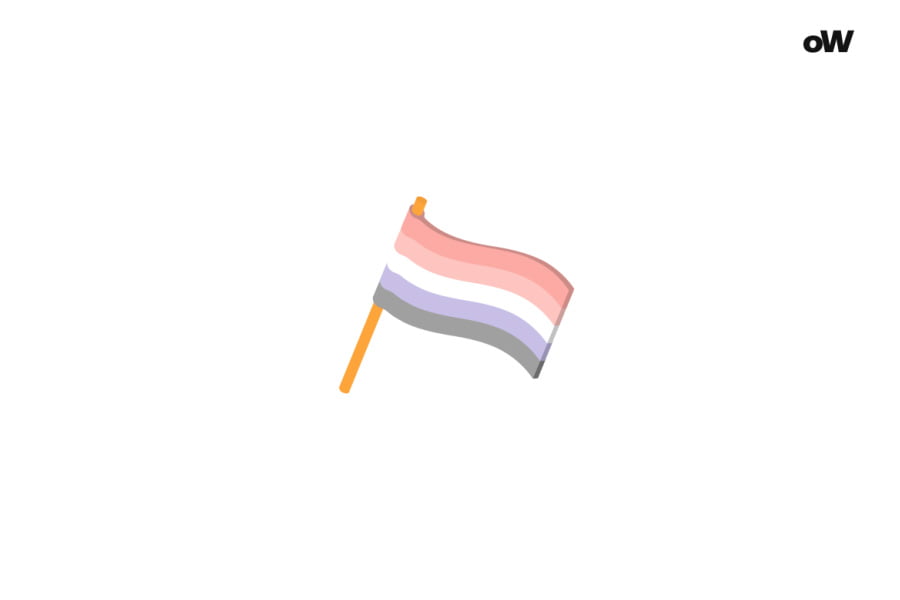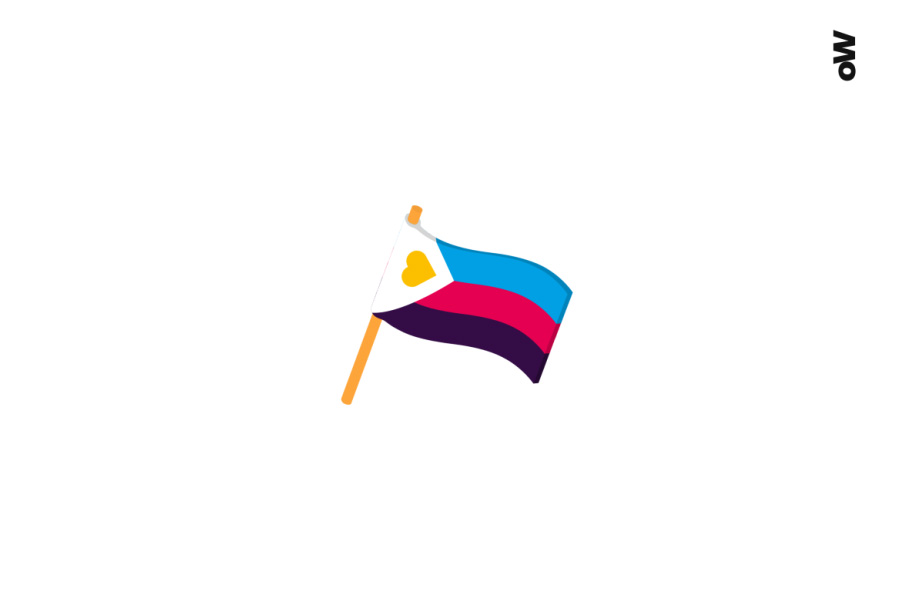Quiz: Am I Cisgender?
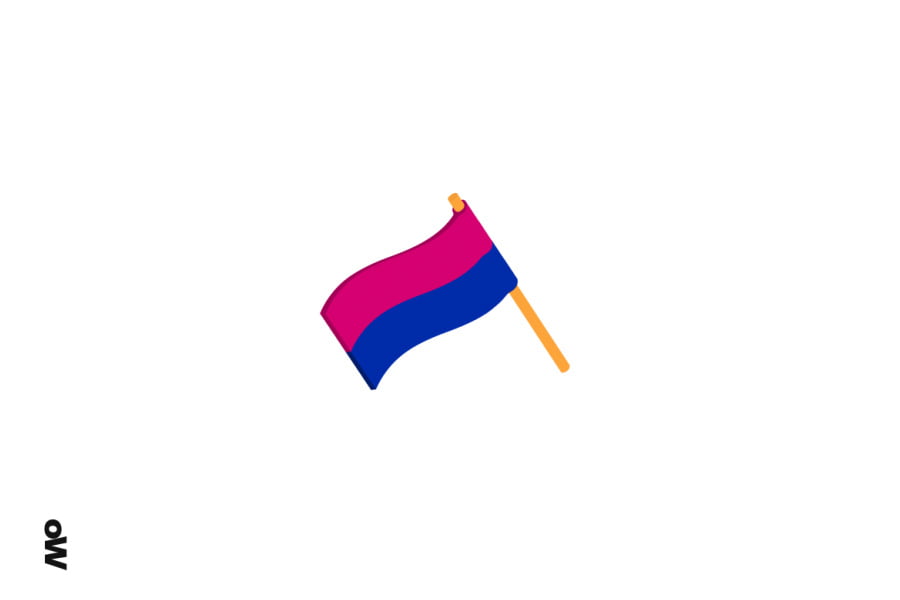
Wondered if you fit the “cisgender” label? Dive deep with me as we unravel the fabric of gender identity, trace the origins of the term “cisgender”, introduce the cisgender quiz, and emphasize the profoundness of defining your own gender.
Your gender identity is more than just a label – it’s a narrative that defines how you view yourself and how society perceives you. So, let’s embark on this enlightening journey.
What Exactly is “Cisgender”?
The term “cisgender” refers to individuals whose gender identity matches the biological sex they were assigned at birth. Break it down like this: If you were born female and you identify as female, you’re cisgender. Contrast this with “transgender” – those whose gender identity or expression doesn’t align with their birth-assigned sex.
Tracing the Roots: Where did Cisgender Come From?
Cisgender stems from the Latin prefix “cis-“, which translates to “on this side of”. Fast forward to the 1990s, and this term found its place, fulfilling the need for a language that embraced the spectrum of gender identities. History offers insights, too. For instance, Ancient Rome had rigid gender roles, yet it also had individuals who might, in today’s lens, be labeled as bisexual or pansexual.
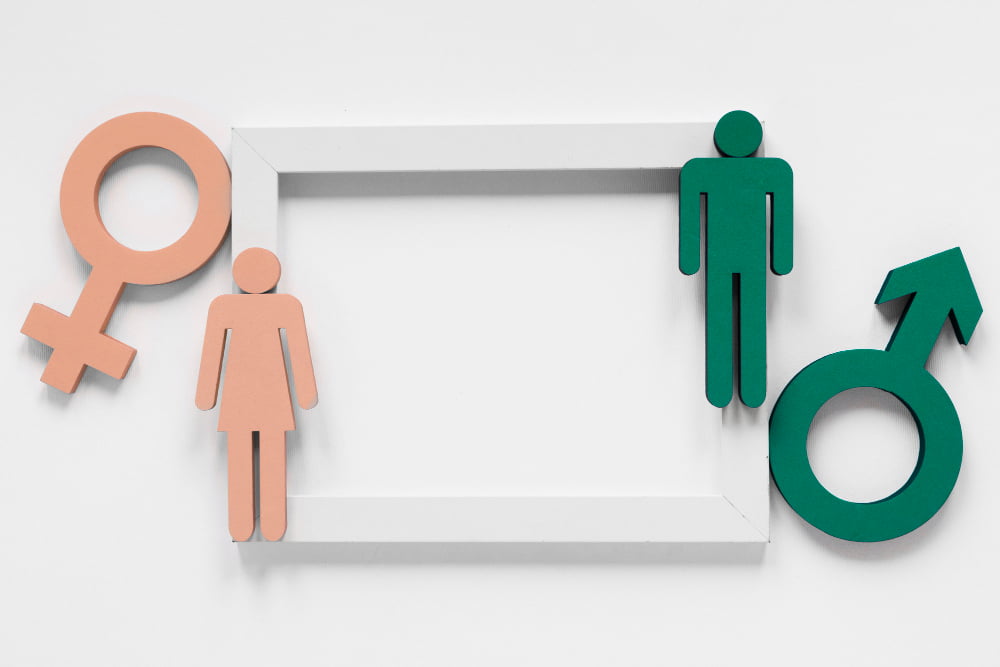
Demystifying the Cisgender Quiz
A cisgender quiz isn’t just a tool; it’s a reflection of your inner identity. While many quizzes might give you black-and-white answers to multifaceted questions, remember this: your gender identity is a personal journey, unique and intricate.
Quizzes typically probe with questions aiming to glean insights into your feelings and experiences. But always bear in mind that you know yourself best, and no quiz can encapsulate the entirety of who you truly are.
Why Gender Self-Identification Matters
Understanding gender isn’t just a personal journey – it’s a societal dance, too. A renowned sociologist once said, “We aren’t born women or men; we become them.” Embracing and being confident about your gender identity can bolster psychological well-being, boost self-esteem, and offer a clearer lens into one’s self.
Throughout history, and across various cultures, gender roles have shifted. But, it’s not just about external expectations – it’s about personal feelings and self-identification. In societies where people are free to express their gender identities, happiness and satisfaction levels soar. Therefore, recognizing and valuing gender diversity carves the path to a more equitable and inclusive society.
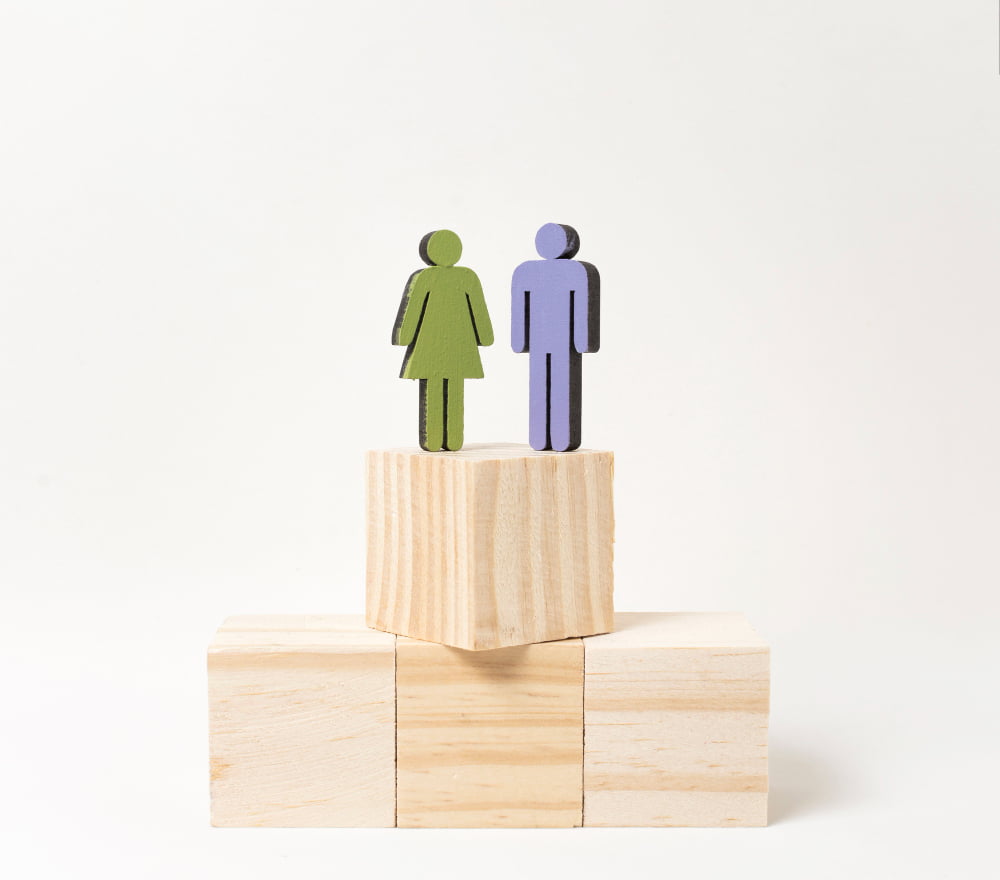
Debunking Myths Around Cisgender
- Being cisgender means you don’t support transgender rights.
Contrary to this belief, the term is solely about gender identity and not about opinions or beliefs. - Sexual orientation is the same as gender identity.
These are two separate facets of human identity. Gender identity concerns how one perceives their gender, whereas sexual orientation is about who attracts them. For instance, a person can identify as non-binary but be gay. - People choose to be cisgender.
Gender identity isn’t a choice. Just as transgender folks don’t “choose” their identity, cisgender individuals don’t either – it’s simply who they are. - If you’re comfortable with your gender, you’re automatically cisgender.
Unraveling one’s gender identity is a profound journey of self-discovery. Some might not resonate with or feel the need for labels like bigender or agender. - Cisgender is the “standard” or “normal” gender.
Such views can foster gender normativity, potentially harming those who don’t fit these molds. Every gender identity deserves acknowledgment and respect.
Wrapping Up
Understanding gender identity is a pivotal step in the journey of self-awareness. Whether you identify as cisgender or not, it’s crucial to educate oneself, engage in these discussions, and approach them with an open heart. Our quiz, we hope, will guide you on this insightful journey.
How to Play?
Click the "Start Quiz" button and answer each quiz question honestly. There are no right or wrong answers. You may encounter multiple-choice questions or statements to rate on a scale of agreement. Once you finish the quiz, you'll receive results that provide insight into your personality traits, including strengths and weaknesses. Use this information to increase self-awareness and make positive changes.
How many questions does this quiz have?
15 Questions
How long does it take to complete this quiz?
5 Minutes
